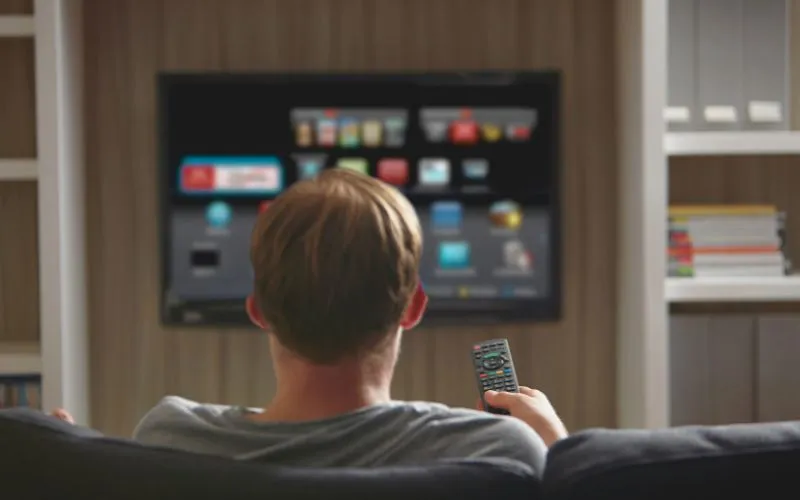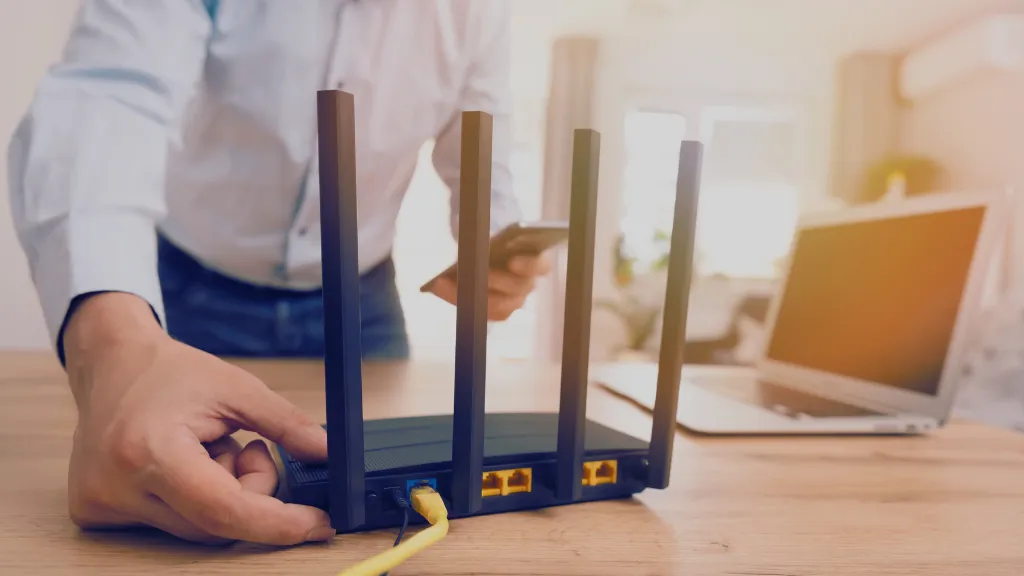Do you need a new computer? If so, should you buy an iPad or a laptop? In this blog post, I will compare the two devices and help you decide which one is right for you.
Both have their pros and cons, but in the end, only you can decide which one is best for your needs.
Let’s take a look at some of the differences between iPads and laptops!
What is an iPad?
First, let’s talk about what an iPad is and how it differs from a laptop computer. The iPad was first released in 2010 by Apple as a touchscreen tablet device running iOS software.
It has been available for purchase since then with various models being updated throughout the years such as “iPad Air” or “iPad mini” which feature a reduced screen size. The iPad is typically used for browsing the internet, reading books, watching movies or TV shows, playing games, and more recently as a work device with the introduction of Apple’s “iPad Pro” model.
The iPad does not have a physical keyboard as a laptop does; all input is done through the touchscreen. It also has a much smaller screen than most laptop computers, measuring in at about nine inches diagonally.
The iPad is powered by a rechargeable lithium-ion battery and typically comes with either 16, 32, 64, or 128 gigabytes of internal storage. Prices for iPads start at around $329 for the base model and go up from there depending on the model and storage capacity.
What is a Laptop?
A laptop is a personal computer that typically includes a keyboard, mouse, and a display in a single unit. Laptops are powered by an internal battery or AC adapter and usually have more powerful hardware than tablets such as higher-end processors and larger amounts of RAM.
This makes them better suited for tasks like gaming, photo editing, video encoding, or anything else that requires a lot of processing power.
Laptops typically run either Windows or macOS operating systems but there are some other options available as well such as Linux distributions (Ubuntu) or Chrome OS which is Google’s version of an operating system designed specifically for laptops.
Laptops are available in a number of different sizes and configurations which can make it difficult to choose one. Generally speaking, smaller laptops have less powerful hardware than larger ones do but this isn’t always the case so you should check out reviews before buying anything new.
Laptop prices vary greatly depending on what type of computer they are intended for: entry-level models start at around $300 while professional workstations can cost upwards of $2000 or more.
Differences Between an iPad and a Laptop
Now that we know a little more about each device, let’s take a look at some of the key differences between iPads and laptops.
Size
The iPad is much smaller than most laptop computers, measuring in at nine inches diagonally. This makes it great for watching movies or TV shows, browsing the internet, reading books, or playing games but it isn’t quite as good if you need a lot of screen real estate.
Keyboard
Laptops have physical keyboards whereas iPads do not; all input is done through the touchscreen. This makes typing on an iPad much harder than typing with a keyboard and mouse combo (most laptops come equipped with both).
Weight
iPads are typically lighter than laptops, again due to their smaller size. This can be a pro or con depending on your needs – if you plan to carry your device around with you often, the iPad would be a better choice as it is less cumbersome.
On the other hand, if you need something powerful that will do heavy-duty computing, then a laptop is the better option.
Processor
iPads generally have less powerful processors than laptops do, which can make them less suitable for tasks that require a lot of processing power.
For basic web browsing, reading, watching movies/TV shows, etc., an iPad will work just fine but if you need to do more intensive tasks then you’ll want to get yourself a laptop.
Storage
Laptops typically come with more storage space than iPads do, which can be an issue if you plan on storing lots of files or large applications like Photoshop CC. The iPad Pro model offers up to 512 gigabytes of internal storage but this is much less common on other models such as the standard iPad Air.
Battery Life
iPads have a significantly longer battery life than laptops, which means you can use them for much longer periods of time without having to recharge them.
This makes an iPad a good choice if you’re going to be traveling and don’t want the hassle of carrying around extra batteries or an AC adapter with you everywhere goes!
Price
iPads are much cheaper than laptops, although they have less functionality. If you only need something that can do basic tasks like emailing and browsing the web then an iPad would be fine – but if your needs are more complex (graphic design work, video editing) then a laptop will probably suit you better in terms of both cost and performance.
Summary:
- iPads are smaller and lighter than laptops, but have less powerful processors.
- Laptops come with physical keyboards while iPads do not; all input is done through the touchscreen.
- Laptops typically have more storage space than iPads do.
- iPads have significantly longer battery life than laptops do which makes them better for travel.
- iPads are much cheaper than laptops but also have less functionality.
The iPad is a great device that’s perfect if you’re looking for something small and light to carry around with you. It works well as an e-reader or media player too – just don’t expect it to perform as your laptop does.
It will do basic tasks just fine but anything more intensive may cause problems (for example, trying to run multiple applications at once).
Which One is Right For You?
You should take into consideration what type of computer will be most useful to you and how much money you want to spend on it before making any decisions about purchasing either an iPad or laptop.
If you’re looking for a device that can do just about anything and won’t break the bank then an iPad would be perfect!
But if your needs are more specific or you’d like something with more power than what’s available in tablets today, then purchasing a computer may make sense instead of buying another device such as an e-reader or smart TV.
Conclusion
In the end, it’s up to you to decide which one is right for you. We hope this blog post has helped give you a better understanding of what each device can do and how they differ from each other.
Thanks for reading!





